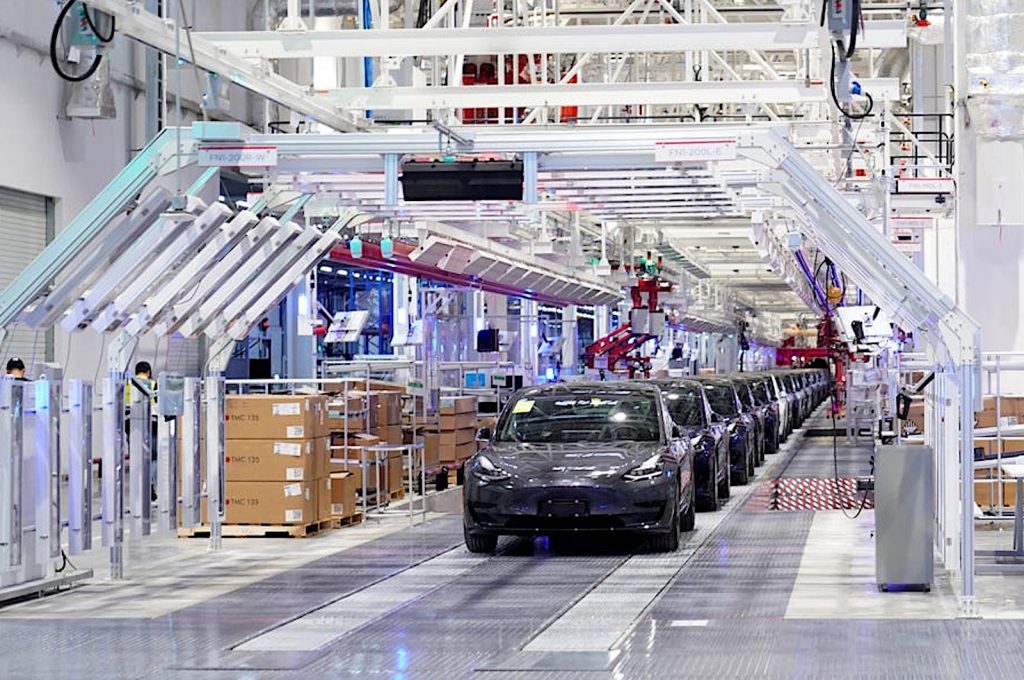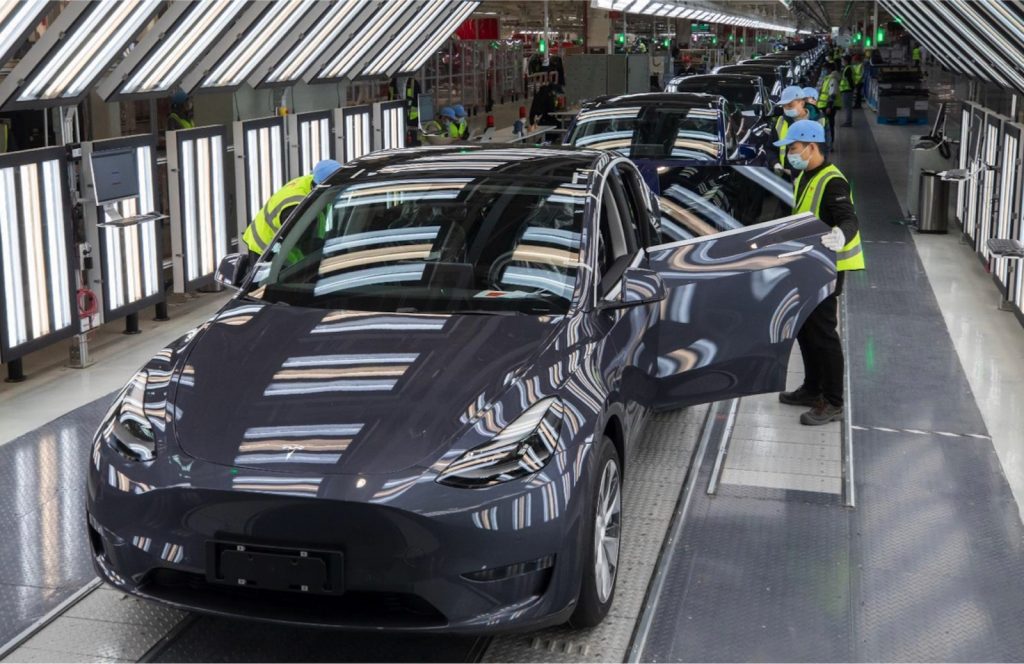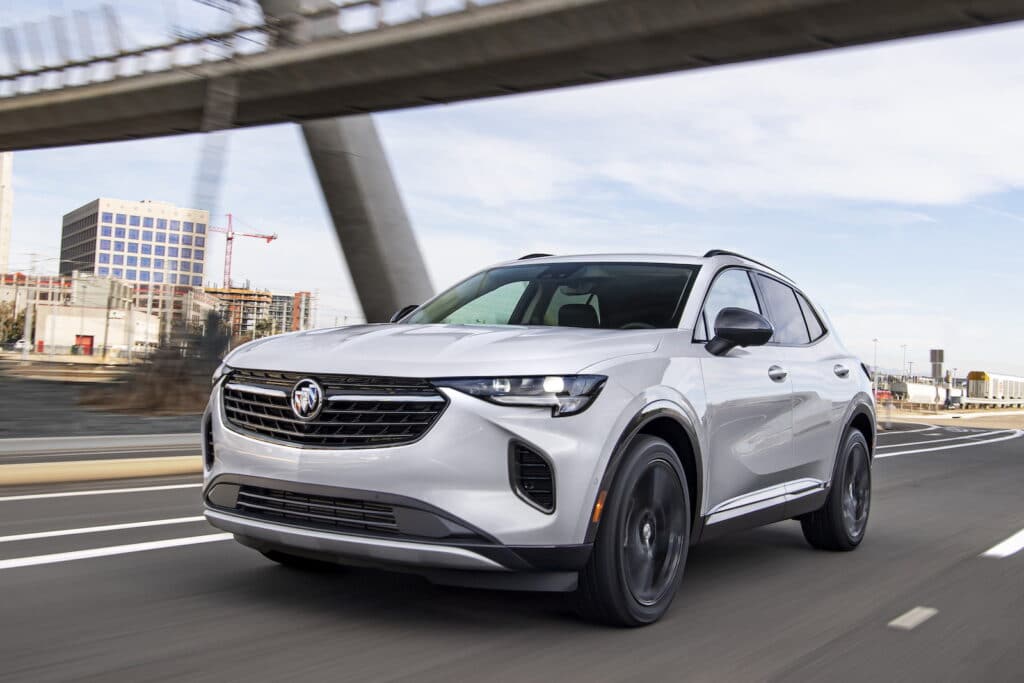Shanghai Lockdown Likely to Add to Auto Industry, Consumer Woes
China’s largest city, Shanghai, has entered a two-phase lockdown to respond to rising COVID cases, a move that has effectively shut down the city’s massive manufacturing operations.

The lockdown began on the eastern side of the city. Known as Pudong, it contains most of the city’s automotive facilities, including numerous parts factories, as well as assembly plants run by major manufacturers like General Motors, Volkswagen and Tesla.
The campaign will then shift to the western side of Shanghai, known as Puxi, where many factory workers live, so the impact could stretch out through early April. And that will have an impact on not only on the Chinese market, but the global auto industry depending upon the vehicles, parts and components produced in Shanghai.
COVID crackdown
Since the COVID pandemic began — most experts tracing it back to the Chinese city of Wuhan — the government has taken an aggressive approach to trying to contain the virus. The “zero-COVID” policy has seen lockdowns ordered in other cities but Shanghai, with its population of 25 million, is the largest metropolis in the country. And authorities decided against shutting the city down all at once.

Nonetheless, the impact is expected to be severe, especially on the auto industry. Scores of factories are located on the Pudong side. And the lockdown is expected to exacerbate what was already a sorely strained global supply chain. As the ongoing semiconductor shortage has demonstrated, the lack of a single critical part can force assembly plants in the U.S. and other parts of the world to temporarily idle production.
Last year, global automakers produced about 10 million fewer vehicles than original forecast, losing more than $200 billion in sales in the process, reported consultancy AlixPartners. A number of manufacturers, including GM, Ford and Toyota, have had to idle some operations in recent weeks.
Impact likely to reach U.S.
It’s unclear how extensive the impact will be on U.S. manufacturing and a precise measure might not be clear for weeks — due, in part, to the lengthy shipping times for Chinese-made goods. But there is little doubt, analysts said, this will trigger some additional closures. In turn, that will make it even harder to rebuild dealer inventories. U.S. retailers have barely 1 million vehicles on their lots, according to J.D. Power, less than a third of normal inventories this time of year.

If there is a bright side, relatively few fully assembled vehicles from China reach U.S. shores, and only a small number are assembled in Pudong, notably the Buick Envision. But Shanghai provides a major share of the vehicles sold in China, including the Tesla Model 3 and Y. The Texas-based company currently is the number one seller of EVs in China.
Tesla tries an end run
All told, Shanghai will face two weeks of closures as a result of the two-phase lockdown. It was triggered by a surge in COVID cases though, with a total of 3,500 positive tests on Monday, the city has far fewer problems with the virus than many other parts of the world. Government officials declared they were intending to head off a further rise and stop the spread of COVID “as soon as possible.”
Some manufacturers hoped to limit the time they would be closed by keeping employees on site. That included Tesla, which was set to have workers sleep inside its Gigafactory Shanghai. But the plan fell apart when it realized it “did not have enough provisions for them,” according to Reuters.
The Tesla plant had already faced a brief closure earlier in the month due to COVID restrictions.
Auto Lovers Land
Comments
Post a Comment